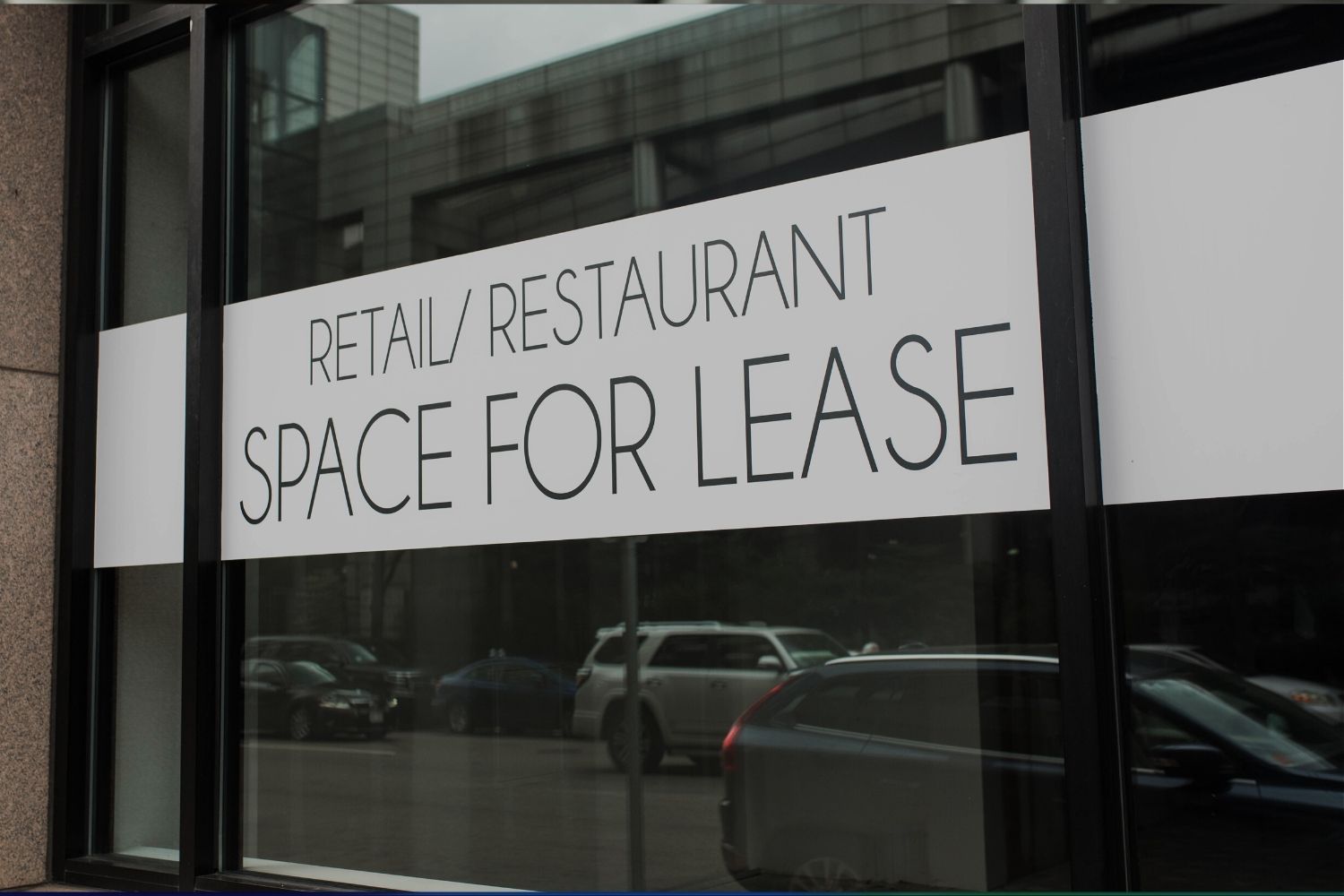
Lease agreements – where do you stand as landlord or tenant?
The Prime Minister has announced a Code of Conduct (“the Code”) which outlines a set of principles for commercial landlords and tenants to operate within when negotiating any lease relief for tenants who are experiencing financial stress or hardship during COVID-19.
A summary of the principles are:
1. Eligible tenants must have an annual turnover of less than $50 million per annum (pre-COVID-19)
2. The tenant must be eligible for the JobKeeper Payment
3. Landlords and tenants must negotiate in good faith
4. The agreement must cover both the period of the pandemic and a reasonable recovery period
5. Landlords must not terminate leases due to non-payment of rent
6. Tenants must remain committed to the terms of their lease
7. Landlords must offer qualifying tenants with cash flow relief in proportion to the loss of turnover they have experienced;
- At a minimum 50% of this reduction is provided as a rent free/rent waiver
- With the remainder offered as a deferral of rent, or as negotiated
8. Payment of the rental deferrals can be amortised over the greater of the balance of the lease or for a period of no less than 24 months
9. The landlord should seek to share any benefit it receives due to deferral of loan payments provided by a financial institution as part of the COVID-19 response
10. Landlords should, where possible, waive recovery of other expenses or outgoings by a tenant during the period the tenant is not able to trade
11. No fees or charges should be applied on any waived payments
12. Landlords must not draw on tenants security for the non-payment of rent
13. Landlords agree to a rent increase freeze
The Code was released on 7 April 2020 and comes into effect from 3 April 2020. For further details please refer to the National Cabinet Mandatory Code of Conduct.
Prior to the Code being released, along with Millson Developments and Beck Legal we provided our commercial landlord clients an outline of the Federal and State Governments announcements relating to moratorium on evictions and the stimulus and support packages tenants may have access to. You can view that here.
** VICTORIAN UPDATE **
Victorian Premier Daniel Andrews announced a $500 million package aimed at giving certainty to residential and commercial tenants and landlords where they are impacted by the economic disruption caused by the coronavirus pandemic.
Emergency legislation will be put to Parliament on Thursday 23 April in line with decisions of the National Cabinet’s Code of Conduct to reform residential and commercial tenancy laws
The support includes:
• A temporary ban on evictions
• A pause on rental increases for six months
• Providing rent relief for tenants experiencing financial hardship
• Providing land tax relief for landlords.
To provide much needed peace of mind and security, evictions will be banned for residential tenancies for six months, except in some circumstances. The same rules apply for the non-payment of rent for commercial tenancies involving small and medium-sized businesses. Rental increases will also be banned for commercial and residential properties for the same period.Tenants and landlords who struggle to strike a deal over rent reductions will be given access to a fast-tracked dispute resolution service, with Consumer Affairs Victoria or the Victorian Small Business Commission mediating to ensure fair agreements are reached.
To encourage landlords to do the right thing by their tenants, the Government will provide land tax relief. If a landlord provides tenants with rent relief, they will be eligible for a 25% discount on their land tax, while any remaining land tax can be deferred until March 2021.
Consistent with the National Cabinet agreement to implement a mandatory code of conduct for commercial tenancies, the Government will also urgently legislate so that eligible small and medium sized businesses can be granted rental waivers or deferrals. Businesses are eligible for these measures if they have an annual turnover under $50 million per year and have experienced more than a 30% reduction in turnover due to coronavirus.
The Government will also create rental assistance for renters facing hardship due to coronavirus. To be eligible, renters will need to have registered their revised agreement with Consumer Affairs Victoria or gone through mediation, have less than $5,000 in savings and still be paying at least 30% of their income in rent.
As agreed by National Cabinet, these new measures will come into effect from 29 March for a period of six months.
If you would like to discuss any part of this blog contact your AFS accountant directly or call 03 5443 0344 or email afs@afsbendigo.com.au



